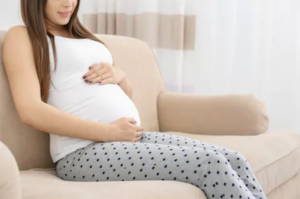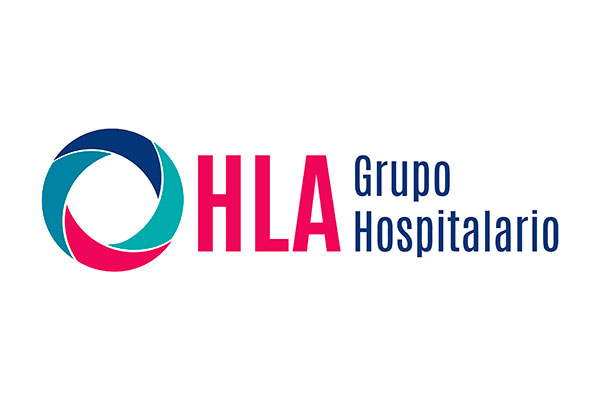The Managua Reproductive Unit uses techniques such as artificial insemination, in vitro fertilization, ovodonation or vitrification to achieve pregnancy
 Endometriosis is a disease linked to fertility problems. Today is the International Day of Endometriosis, a disease that affects 1 in 10 women. It is essential that these patients are given guidance in the gynecological visit on the risks involved with this disease regarding their current or future wishes to be mothers, since approximately 30 to 40% of them experience problems in achieving a natural pregnancy.
Endometriosis is a disease linked to fertility problems. Today is the International Day of Endometriosis, a disease that affects 1 in 10 women. It is essential that these patients are given guidance in the gynecological visit on the risks involved with this disease regarding their current or future wishes to be mothers, since approximately 30 to 40% of them experience problems in achieving a natural pregnancy.
It is a benign but chronic problem characterized by the abnormal growth of the endometrial tissue, which is the tissue covering the uterus, outside the uterine cavity. It can appear on a woman’s ovaries and cause a type of cyst called endometrioma and can also be located in the fallopian tubes. As a consequence, there is a decrease in the ovarian reserve, alteration of the menstrual cycles and a worsening of the immune system that negatively affects the embryo implantation in the uterus.
To this day, the cause of endometriosis is unknown, but there is evidence suggesting that its development is influenced by a hereditary, immunological and endocrine component related to the hormones of the menstrual cycle. Endometriosis is a disease that becomes progressively more complicated with age, so it is very important to detect it at an early fertile age and to determine how serious it is in order to know which treatment is appropriate.
While its diagnosis is complex due to the absence of symptoms in almost 50% of cases, it is possible to identify it by means of an ultrasound, which shows cystic formation in the ovaries, or by means of a nuclear magnetic resonance in those cases of deep endometriosis and rectal involvement.
When endometriosis affects the ovary, it hinders both the normal development of the follicles and the maturation of the oocytes, and may even impede ovulation. When it appears in the uterine tubes, it hampers tubal permeability, making it impossible for the egg to pass through the tube when it is released from the ovary, so it is not fertilized and does not reach the uterus.
The cause of infertility may also be due to alterations in the immune system if IgG and IgA antibodies and lymphocytes are elevated in blood, which can affect the endometrial receptivity and embryo implantation. On the other hand, the increase of cells that form the autoimmune system produces a toxic effect on the sperm cells and the egg. This alteration results in the identification of the sperm and egg as foreign cells and therefore are attacked.
Reproduction techniques depending on the degree of endometriosis
If the pregnancy does not come after surgery and after having tried for a year, assisted reproduction techniques are a hope for  achieving motherhood. The Reproduction Units of the UR Group personalize each treatment according to the degree of endometriosis suffered and according to its evolution.
achieving motherhood. The Reproduction Units of the UR Group personalize each treatment according to the degree of endometriosis suffered and according to its evolution.
- Artificial Insemination and ovarian stimulation in young patients with grade I and II of endometriosis.
- In Vitro Fertilization (IVF), patients suffering from type III and IV. It is the technique which offers the best possibilities, especially if the fallopian tubes are affected.
- Ovodonation, patients with severe endometriosis, after several failed IVF cycles. There are cases in which the access to the ovaries for ovarian puncture is impossible due to multiple adhesions, and others in which the ovarian reserve is very low.
- Egg vitrification. As this is a progressive disease, women diagnosed with endometriosis are advised to cryopreserve their eggs as soon as possible if they wish to have children in the future. This way, the quality of the eggs will not diminish and the IVF treatment will be more successful. It is also important to note that the ovarian reserve is also affected by endometriosis and an early menopause may occur.
The specialists of the Reproduction Unit Managua will inform you and advise you on the most appropriate treatment for your situation. We offer personalized attention with maximum comfort, tranquility and confidence.
You can contact us by phone +505 8465 7955 or by filling in the contact form on our website. In the Reproduction Unit Managua we foster life.




